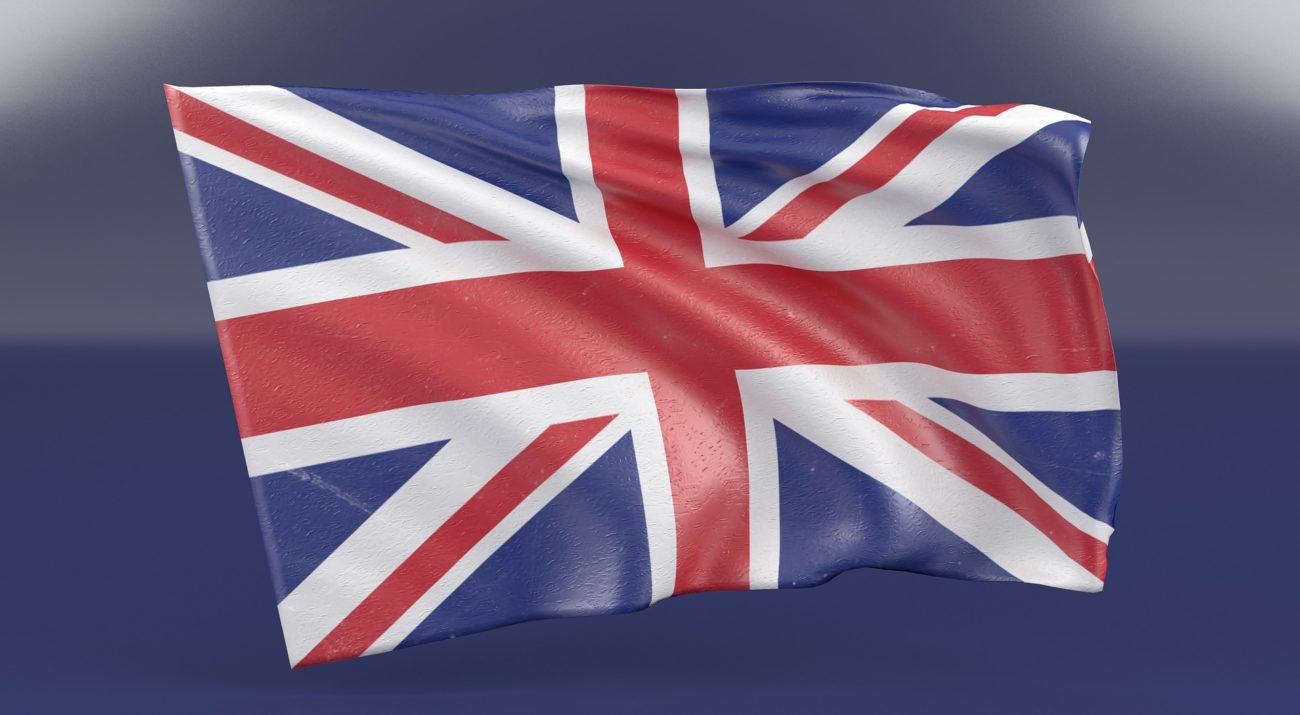Gambling Income Uk

If the gambling activity can be considered as a hobby, the income is not taxable. If the gambling is carried out in businesslike behaviour, then the income is taxable and losses deductible. Making approximately $50 million in sports lottery bets and earning a profit of $5 million was not considered businesslike behaviour in Leblanc v.
- HMRC has thus far received £1.34bn in the form of taxation on UK gambling activity throughout 2020, with total MGD for the year standing at just £147m: a 46 per cent reduction on 2019.
- Remote gambling is growing in popularity in the United Kingdom. According to the survey conducted by the Gambling Commission, as of March 2010, 10.7% of the 8,000 adults surveyed said they had participated in at least one form of remote gambling in the previous 4 weeks.
- GGY Apr09-Mar10 £5,436.44 million – GGY Apr18-Mar19 £11,282 million. Not surprisingly, UK gambling statistics show an increase in overall yield – but what is surprising is that it has doubled over ten years, which is an average rise of ten percent, year-on-year.
- Remember, this was the highest win in UK history (at that time) and was due to just luck. The point is, you can still make a decent income from online gambling. However, this isn’t easy.
198 views
The worrying statistics gleaned by numerous charities and organisations focused on problem gambling indicate that gambling addiction is a growing problem in today’s society. The burning question for those concerned about the potential social consequences of this issue are; just how widespread is this issue? and, what impact is it having on mental health?
According to research by Finder, 47% of Brits have gambled in some way in the last four weeks. Their data also shows that gambling addiction is estimated to cost the UK up to £1.2b per year. Earlier this year, ThePOGG illustrated the growing issue of gambling in society with their guide on: ‘Safer Gambling: Addressing the Issue of Problem Gambling‘.
Using a range of gambling statistics and sources, the article highlights how advertisements encourage gambling. Research into gambling advertisements featuring celebrity endorsements showed that brand recognition improves, message recall is enhanced, and advertisements are more believable when endorsed by celebrities.
And recent social restrictions that have come about as part of the Covid19 pandemic has significantly accelerated the volume of people who feel that their gambling has become problematic. BetBlocker, the sister charity to ThePOGG, offers a free app that allows users to block their device from accessing tens of thousands of gambling websites. Immediately following the introduction of lockdown type restrictions across many countries in the middle of March the BetBlocker site has seen visits to their website over double, with a sharply pronounced rise in the two months immediately following the introduction of lockdown.
Duncan Garvie, one of the Trustees for the BetBlocker project, had the following to say about this rise in demand for the service: ‘It is absolutely clear to see that from our websites traffic data that as lockdown was introduced there was a significant rise in people looking for tools to help them manage their gambling in a responsible manner, or to help them stop all together.
‘Lockdown has reduced the availability of other recreational activities and had a significant financial impact on many households. It is easy to see how more people will end up gambling online in these conditions and self-evident that with lower income levels and increased engagement with gambling more people will find themselves in trouble.
‘At BetBlocker we’re always happy to help anyone that needs help, but this rise in demand is something that we view as highly concerning.’
Problem gambling is, in some cases, termed as a hidden illness as it doesn’t have any obvious physical indicators or symptoms. Additionally, problem gamblers may also either minimise or deny the problem, even to themselves. If someone has a gambling problem they might:
- Neglect responsibilities because of gambling-related activities
- Take out loans/borrow money for gambling debts
- Struggle to find money for bills
- Spend more money on gambling than their income allows

Developing an addiction to gambling can have a significant impact on mental health. According to research, problem gamblers are more likely to suffer from low self-esteem, have difficulty sleeping, feel anxious or depressed, and can even develop stress-related disorders. Feelings of loss and despair following a gambling spree can lead to the desire to keep on gambling in order to try and get back on the gambling ‘high’.
Although problem gambling can have serious mental health implications, there are many organisations that operate to help alleviate them. GamCare, BetBlocker, Gamblers Anonymous, and the Gordon Moody Association, are just some organisations that are providing help, tools, support, and education for problem gamblers.
Gambling Income Tax Treaties
Disclaimer: Psychreg is mainly for information purposes only. Materials on this website are not intended to be a substitute for professional advice, diagnosis, medical treatment, or therapy. Never disregard professional psychological or medical advice nor delay in seeking professional advice or treatment because of something you have read on this website. Read our full disclaimer here.